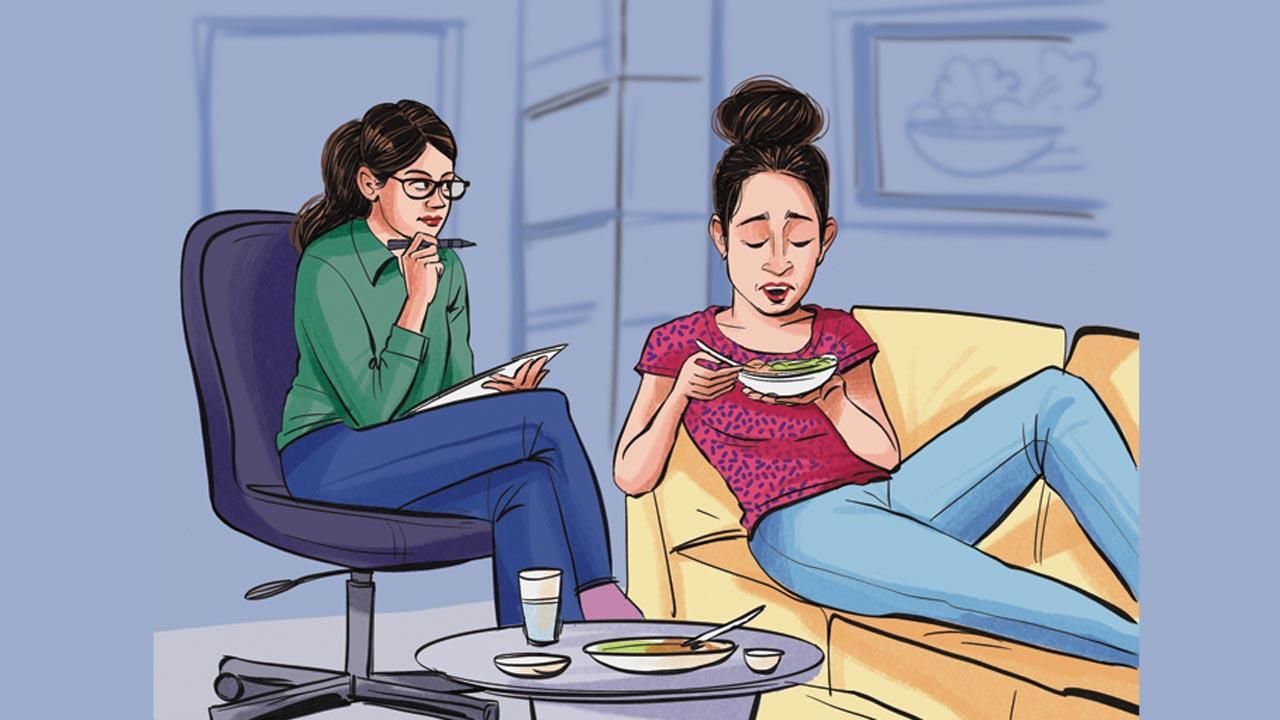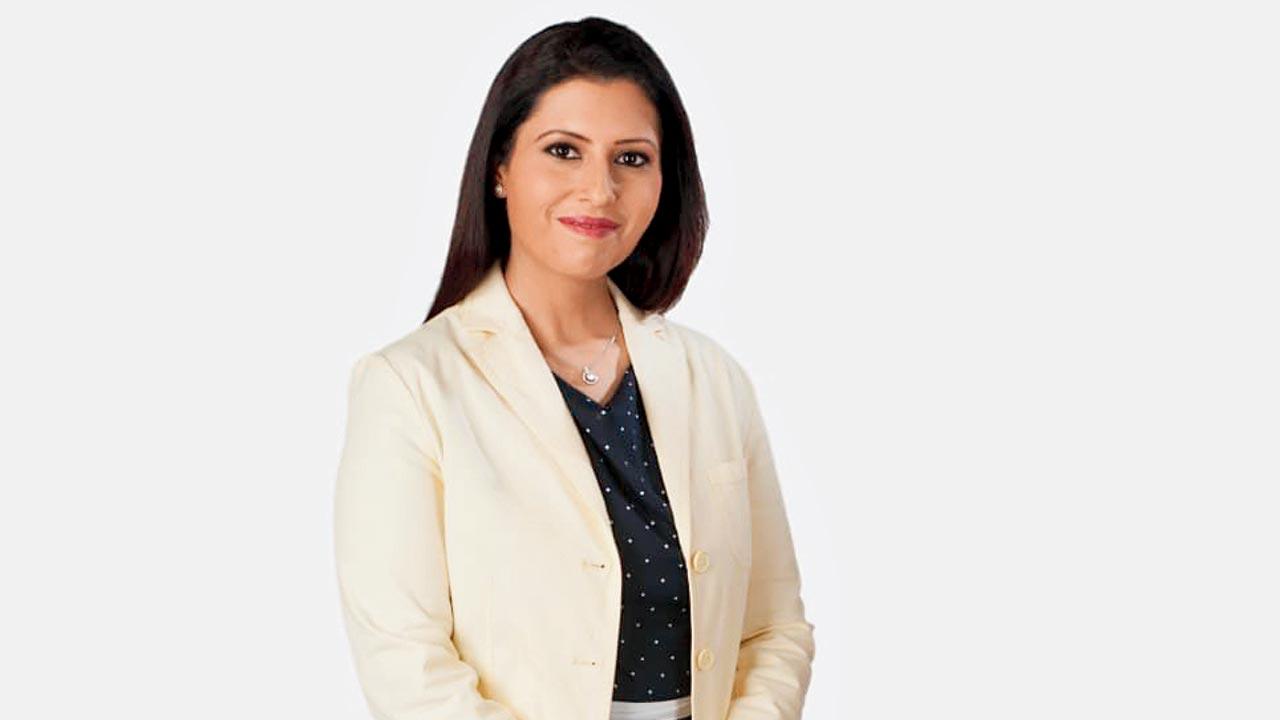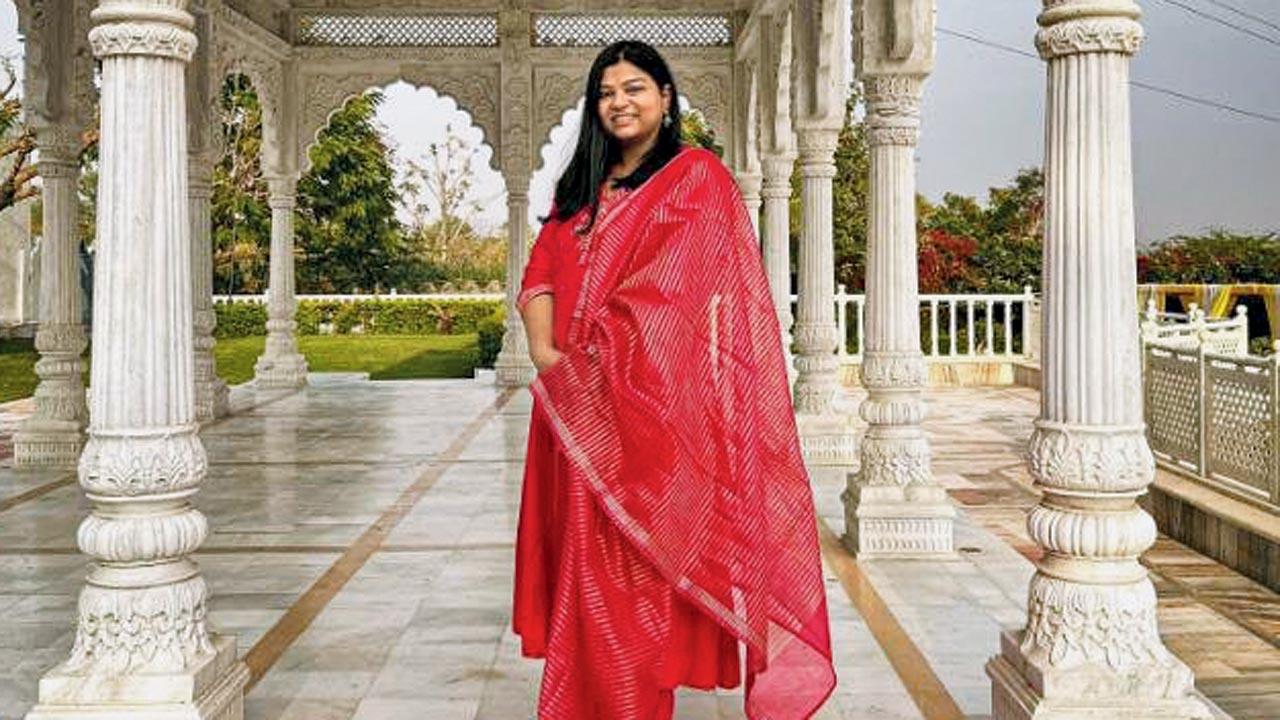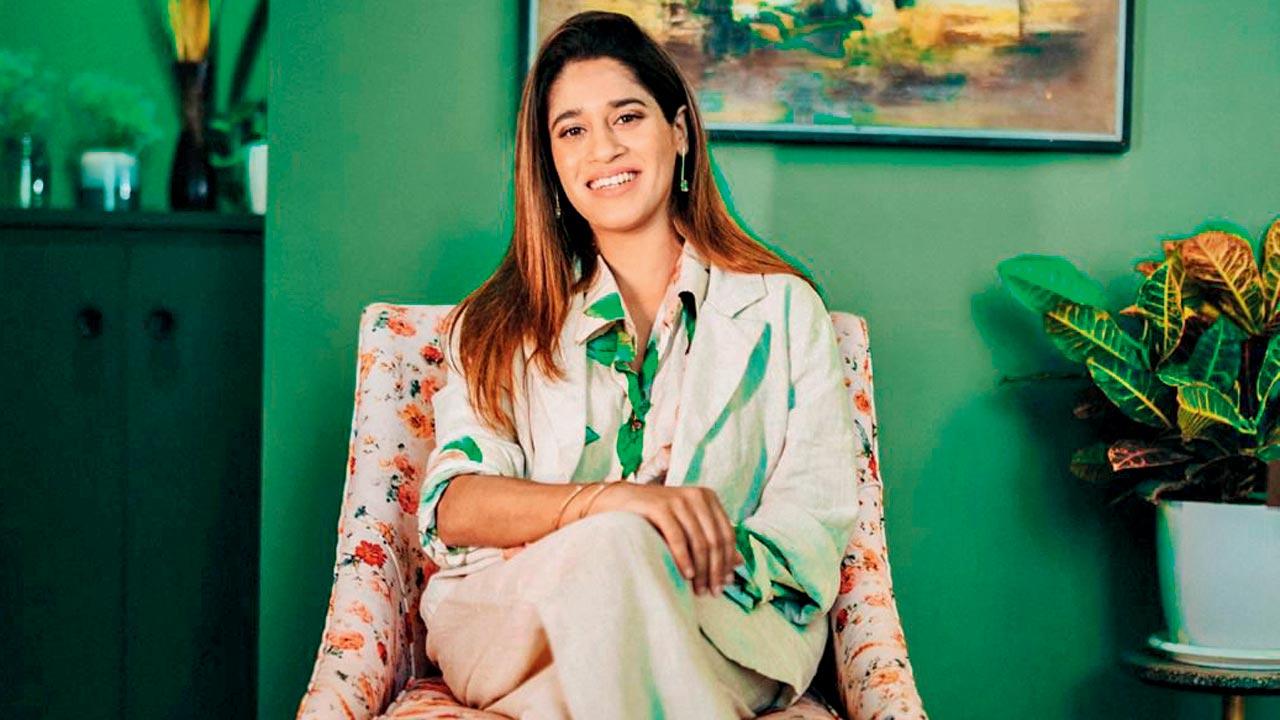Korean writer Baek Se-hee’s therapy transcripts bestseller now has an English translation. We got 4 readers with a passion for mental health and Korean culture to offer their take on the controversial title

Illustration/Uday Mohite
When Korean author Baek Se-hee self-published her first book, I Want to Die But I Want to Eat Tteokbokki, she did not expect sales to go through the roof. The book became a cult classic, especially among Korean culture enthusiasts. Now, six years later, she is back with another therapy memoir. The recordings of Baek’s therapy sessions were meant to be a personal guide for her. But the book, which was essentially a transcript of her counselling sessions, became an international bestseller. It resonated deeply with those struggling with anxiety and depression. As Baek continues her battle with dysthymia, she reaches out once more to her readers.
ADVERTISEMENT

Hvovi Bhagwagar
Mumbai-based psychologist and psychotherapist specialising in clinical disorders and traumatic stress
The first book, I Want to Die But I Want to Eat Tteokbokki, offers a perceptive depiction of therapy. But unlike other titles, this one captures the ’real-time’ subtleties of the patient-therapist interaction through elaborately described transcripts. For an Asian therapist like me, this book is unique because it provides a cultural lens through which mental health issues in South Korea can be viewed. The cultural context of therapy in the South Asian diaspora is rarely explored in literature, as most books on psychology and psychotherapy originate from the West.
While the book offers an unfiltered look into the therapy process, experiences can vary greatly depending on the individuals involved. These sessions represent just one example of how therapy can unfold.
There are ethical implications of sharing therapy transcripts [with the world’. Baek Se-hee’s psychiatrist expressed concerns about being knowingly recorded, which Baek has acknowledged in the book. If the psychiatrist knew of the recordings and possible public sharing, it could have impacted the nature of the psychiatric care provided.
The author’s depiction of dysthymia sounds authentic, particularly her daily struggles with chronic low mood, lack of motivation, and feelings of inadequacy. Both books also acknowledge possible overlapping mental conditions such as personality disorder and addictions. Her honesty and fluctuating mood make for an absorbing read and a realistic portrayal of living with this form of depression.
Reading the book felt voyeuristic, but as a psychotherapist, I can see how the verbatim therapy accounts might be resourceful to someone in a depressive episode. The author’s willingness to openly discuss her feelings of despair and her vulnerability can help readers feel less isolated and more willing to seek support.
From a mental health literacy perspective, the transparency of the verbatim conversations can demystify therapy, showing it involves both guidance and collaboration.

Amrita Pratap
Lawyer, K-Pop fan, Korean culture enthusiast
I Want to Die but I Still Want to Eat Tteokbokki: Further Conversations with My Psychiatrist delves into the intricate layers of mental health within the context of Korean culture, offering an insight into a person’s journey towards healing and self-discovery.
Baek confronts the taboo topic of suicidal ideation. It could prove graphic for many readers. But in my opinion, it’s a topic that should be openly discussed. The book provides a raw and unfiltered glimpse into the inner struggles of women in Korean culture. It’s very different from the Korean literature I have read otherwise.
The narrative may at times appear introspective and sombre. But if you can look past that, it’s a rare book stemming from Korean culture to tackle depression.
As someone who has experienced similar pressures to conform, I see echoes of Baek Se-hee’s past struggles in my own life. I am sure many others will, too. The key, as Baek Se-hee discovers, lies in unconditional self-acceptance and love. Therapy memoir is a unique genre—one that blends self-help with engaging storytelling. It offers both practical insights and an enjoyable read. This book is a perfect example of it.
Baek’s willingness to openly discuss her depressive thoughts makes this relatable and comforting for those in the same boat, and is perhaps the reason why the book is a bestseller.

Arushi Sethi
CEO and co-founder of Trijog, a counselling and mental health organization
Therapy memoirs like this consist of very personal stories that real individuals have lived. They can help destigmatise mental health concerns, encourage open discussions, and normalise seeking therapy. They also help in challenging stereotypes and shifting cultural narratives, broadening perspectives to foster a more empathetic and inclusive society.
In the Asian context, mental health is often viewed negatively, accompanied by intense shame and guilt. Instead of struggling in silos, individuals may realise that it is possible to work through mental health concerns with the right support and resources.
Literature plays a significant role in providing a more empathetic and informed understanding of mental health concerns. Through narratives like Baek Se-hee’s, mental health professionals can educate themselves to gain deeper insights into client experiences, improving their ability to provide quality care.
Books like these help educate the public and dispel myths, allowing for a deeper understanding of mental health concerns from a personal perspective and cultivating empathy. They can aid in creating support networks of communities, both online and offline, where individuals can share their personal experiences.

Meghna Singhal
Psychotherapist and mental health influencer
This book delves into the raw and unfiltered experiences of the author’s struggle with depression and self-harm.
The open dialogue, written as an actual conversation, destigmatises discussions surrounding mental health, fostering greater awareness of what an empathetic and compassionate therapeutic encounter looks like.
I believe topics related to mental health need to be discussed and made accessible to the public as they help dispel myths and misconceptions, making balanced dialogue on mental health issues more important than ever. This holds especially in our digital age where misinformation spreads quickly.
Such stories can become extremely powerful tools for mental health advocacy including policy and support systems and services.
As Baek Se-hee has done, sharing mental health struggles can significantly help others. It breaks down the stigma surrounding mental health, making it easier for others to seek help and support. When individuals share their experiences through books or other mediums like online blogs, it can validate the feelings of others going through similar challenges, helping them feel less alone. It also provides an opportunity for education and understanding, both for those experiencing mental health issues and for those supporting them.
However, there are risks involved in sharing one’s therapy session transcripts, such as stigmatisation and discrimination in relationships or workplaces. It could also lead to the risk of misinterpretation or blame from others. Sometimes, it may also lead to vulnerability and exposure to secondary victimisation, ie, when the person recalling their mental health struggles gets adversely impacted through the act of sharing them.
But there are significant benefits, too. It could empower both the person disclosing their struggles and those finding relatability in their narrative. Such stories can become extremely powerful tools for mental health advocacy including policy and support systems and services.
 Subscribe today by clicking the link and stay updated with the latest news!" Click here!
Subscribe today by clicking the link and stay updated with the latest news!" Click here!







